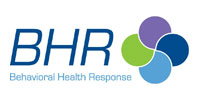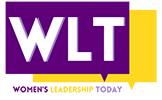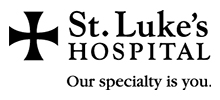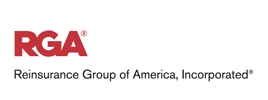
For most professionals, every day can’t be a great day. Stuff happens – like being inundated with interruptions when you’re on a tight deadline. Or, you’re due for a pay increase but it ain’t happening. Or you’re stuck in traffic and going to be late for that important client meeting. Or you and your co-worker are not seeing eye to eye on a project. We’ve all been there when emotions are running high. It’s how we handle ourselves that indicate our self-regulation strength during challenging times.
Slamming your office door, yelling at a co-worker or crying because you didn’t get that raise are not examples of good self-regulation. Allowing emotions and impulses to take over is what separates the weak from the strong.
Leaders who exhibit good self-regulation are able to control their emotions and responses to situations and other people. They don’t have angry outbursts or make snap judgments. They’re honest and their action is in line with their values. They’re adaptable, capable of working with different people in different situations.
Professionals who know how to self-regulate are able to look at the whole picture reasonably and put the situation in perspective. They’re thoughtful. They don’t place blame, dwell on situations, give up or consider themselves a victim. They lead by example.
Daniel Goleman, the 21st century guru of emotional intelligence, says self-regulation is a core leadership skill. “In my experience, I’ve never seen the tendency toward radical outbursts to surface as an indicator of strong leadership,” says Goleman. He says those who can self-regulate also shine in the integrity department, which is not just an individual virtue but also an incredible asset for an organization.
So, before you find yourself blowing your stack, doing something you might regret or throwing a temper tantrum for all to see, follow these four self-regulation tactics and practice, practice, practice until you find yourself in total control, managing your emotions like a pro.
- Become more aware of your emotions and how you react to them. Being self-aware (another of Goleman’s emotional intelligence leadership competencies) allows you to make better decisions. For example, “Hey, I’m really cranky today, because I overslept and missed an important conference call.” Recognizing your emotions and why you’re feeling that way helps deflect emotional impulses.
- Take the 24-hour rule. Rather than sending that scathing email or speaking to that person when you’re upset, step back and take a day to absorb the situation. Venting your anger will not make you feel better. It will prolong and amplify your anger. By taking time to think about the situation, you’ll see things a little bit more clearly and feel better about how to communicate your feelings.
- Breath in, breath out. Excuse yourself from the difficult situation for a short time. Take big deep breaths, take a walk, drink water. Allowing yourself to step away for a while can help alleviate the stress, slow your heart rate and take the edge off.
- Take time to think about different situations and emotions. What are your “hot buttons?” Think of ways you can react differently by altering your behavior and emotions. You’ll be surprised by how planting in your brain effective ways to handle a potential difficult situation can trigger your emotions to act in a positive, self-regulated way.
Contact Polished, today to help develop your emotional intelligence, build integrity and enhance success.










































































































